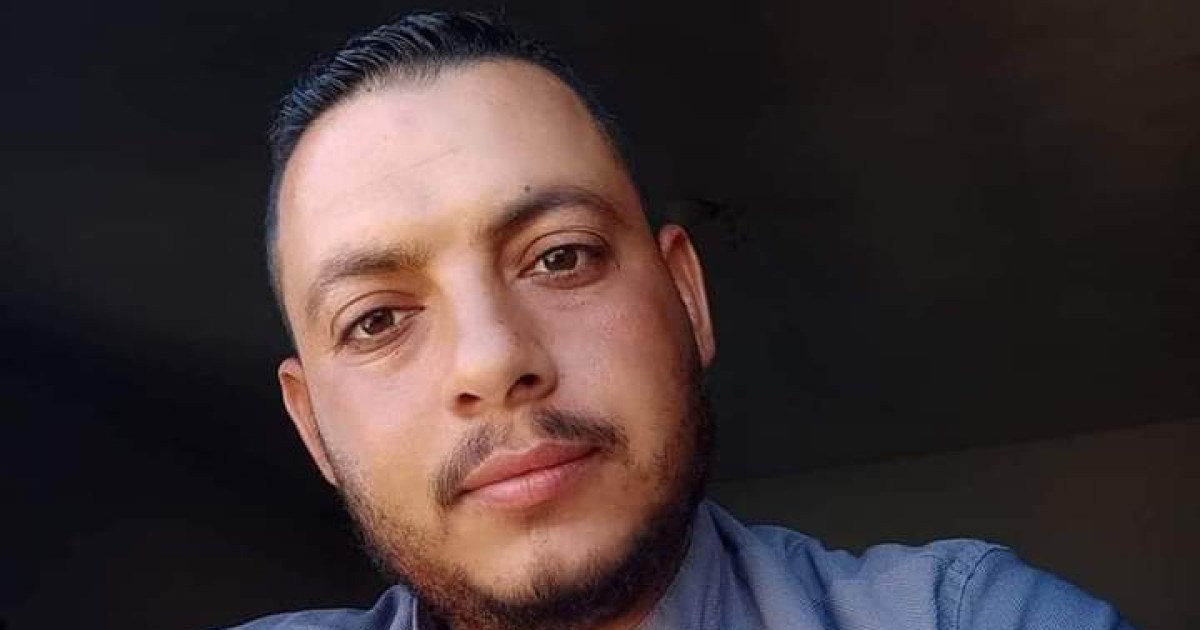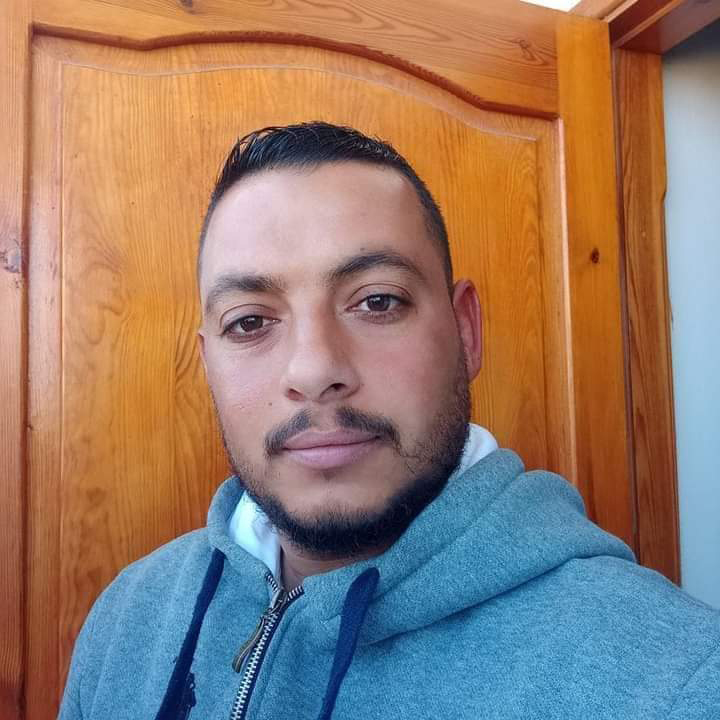
Khan Younis, Gaza Strip – It was 1 a.m. when the group of first responders in Khan Younis received the call – there had been an Israeli airstrike nearby.
Together with his colleagues, Sayyed Mohammed Abu Jamei rushed to the site and began searching for survivors in the rubble. As Sayyed frantically fought through the rubble, he looked at the body of his own brother Hussein.
In the early hours of October 24, he listened in shock and sadness as a wail grew louder nearby – before he realized it was coming from himself.
Hussein’s mother, his wife Hadeel Abu Abed and their children all rushed to the hospital. They arrived just moments before his funeral and managed only a hasty final farewell in a dangerously crowded morgue.
“They had a minute to say goodbye,” said Sayyed, 46. “The kids could kiss him. But his wife and my mother only looked at him for the last time.
“My mother wished she could kiss him, but she couldn’t because of the crowd.”
Speaking to Al Jazeera in the hospital waiting area, Sayyed’s eyes wandered as he tried to summarize who his brother was: “He was decent, he was level-headed, he was polite,” he repeated over and over again.
Hussein was only 32 when he died – killed by an Israeli missile that hit a residential neighborhood in southern Khan Younis, where he sought refuge with friends and extended family members.
His dream was to pay off some loans he had taken out to build a small apartment above his parents’ house and buy a car. Eventually he wanted to save enough to buy a piece of land to build a larger house for his wife, three children and unborn baby.
He often told his brother how much he wished his children had a place where they could create happy memories. To achieve this dream, Hussein worked long hours as a driver, doing odd jobs from dusk to dawn in the besieged Gaza Strip.
“My brother was one of those people that you wanted to see from the first moment,” said Sayyed. “He had a lightness and calmness about him that drew people to him.”
Twenty days before his assassination, Hussein had taken his pregnant wife and three children, Abdallah, 10, Ahmed, 7, and Hoda, 3, to his in-laws’ home in Bani Souhaila, further south in the strip.
He had also left the family home in the east of Khan Younis and moved to the south of the city.
A family torn apart
When they fell in love, Hadeel and Hussein had already been neighbors for some time.
They celebrated a traditional Palestinian wedding with zaffeh (wedding procession) and celebrated their wedding anniversary every year.
“Hadeel was everything to him,” Sayyed said. “He valued and respected her and tried to provide her with everything she needed.
“On the day each of his children was born, Hussein was overjoyed and distributed sweets in the neighborhood to share his joy,” Sayyed added.
“Hussein had a special bond with his children. He was a child at heart and loved his children despite the hardships of his life.
“He made sure to take time out of his busy day to play with them and do the things they loved to do. He even played with them on the street.”

Hussein missed his children terribly during their separation, Sayyed said. He tried to visit her as often as possible – the last time being the day before his murder. Despite the danger, he also checked on his parents every two to three days in al-Zana district in eastern Khan Younis, five kilometers (3.1 miles) away.
“Hussein had a very warm and loving relationship with my parents and siblings. He was very attached to his children and his wife. God help them. He cared about helping the children with their homework, he wanted them to excel. He would call her “Dr. Abdallah,” “Dr. “Hoda,” said Sayyed with a trembling voice.
When asked how Hussein’s wife was doing, he said desperately: “We have 10,000 martyrs in Gaza. She reacted like any other person who has lost a loved one.”
Gloomy and exhausted, Sayyed thought about what his brother would have wanted if he had survived.
“He was not a man of great ambition. He wanted what an average young man of his age wanted: to be content, to lead a decent life and to live in peace.”
This article was created in collaboration with e.g.






Recent Comments